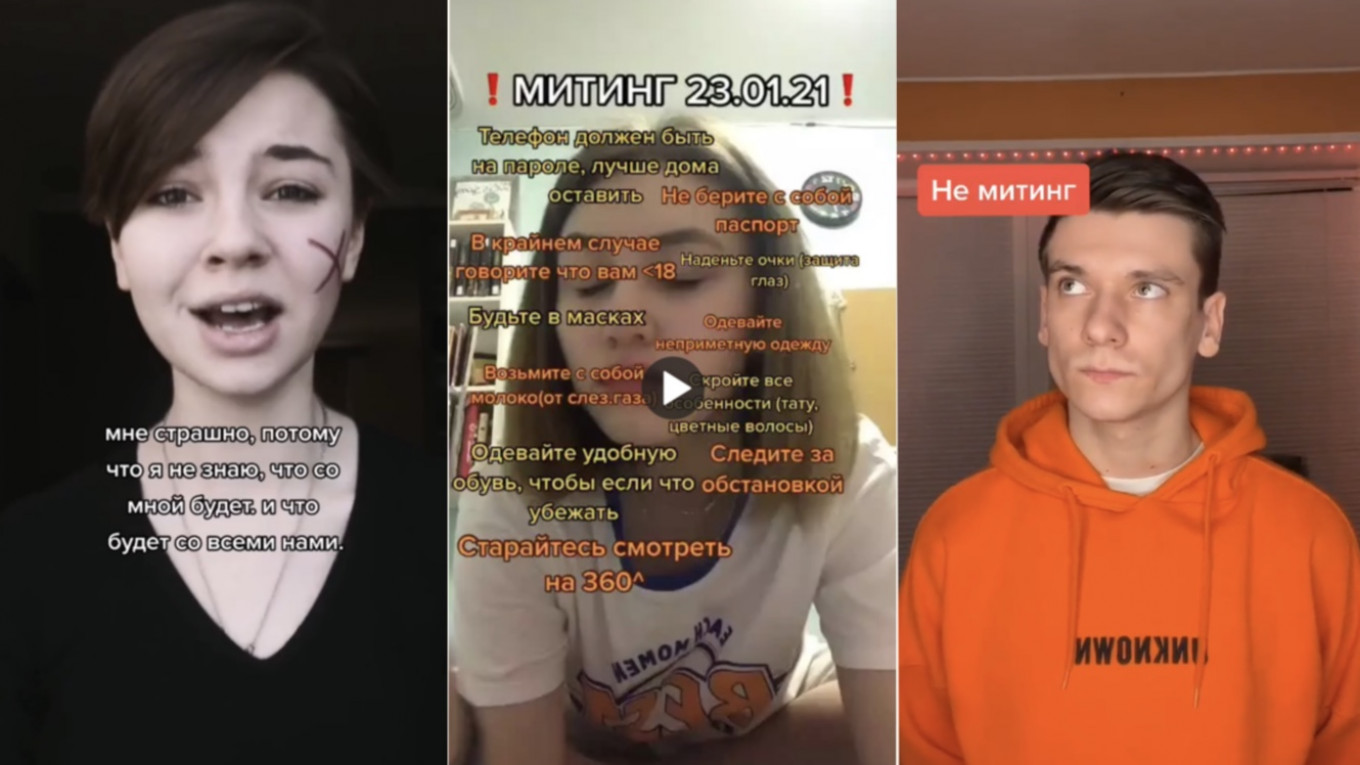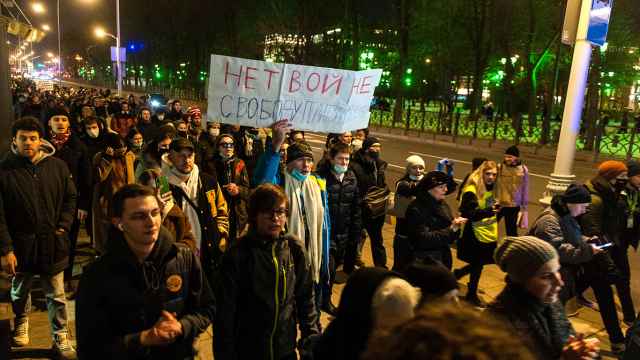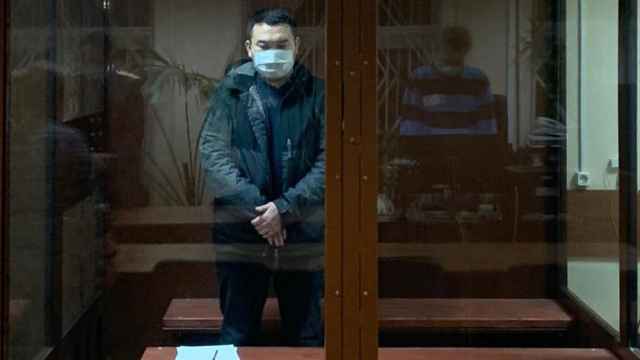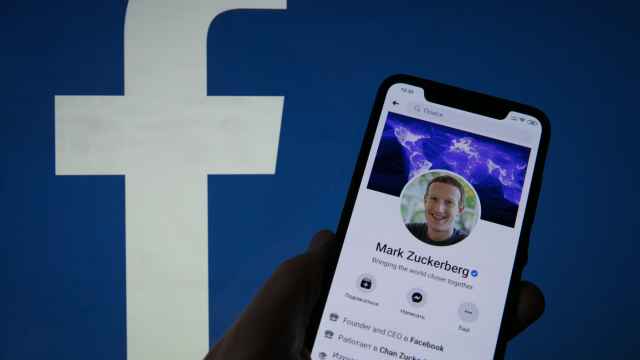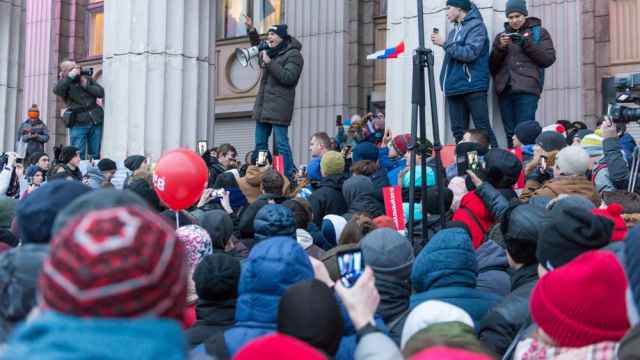Young Russians have flooded TikTok with calls to rally in support of opposition leader Alexei Navalny this weekend, prompting the state censor to urge the popular short-video app’s administrators to take them down.
Navalny called for nationwide street protests this Saturday after his arrest and a viral investigative video into an opulent $1.35 billion Black Sea estate that he and news outlets claim belongs to President Vladimir Putin. The activist was jailed this week after a defiant return to Russia from Germany, where he had been hospitalized with what Western scientists determined to be nerve agent poisoning.
Russian TikTok users filmed themselves dressing up and packing for the upcoming rallies, with many expressing readiness for the authorities to detain them. Others took down Putin’s portrait from the walls of their classrooms and school hallways and replaced it with Navalny’s photo.
Videos posted with the hashtags “Free Navalny” and “Jan. 23” have garnered more than 50 million combined views.
Federal media and IT watchdog Roskomnadzor has asked TikTok to block the videos, warning that inciting minors to attend unauthorized rallies is illegal under Russian law.
Roskomnadzor also appealed to other social networks and websites, most notably Russia’s popular Facebook rival VKontakte, “to prevent the dissemination of illegal information involving calls for minors to participate in illegal rallies.”
Other TikTok users wearing law enforcement uniforms urged against attending Navalny’s rallies, warning that protesters “might get accidentally killed.” School, university and even kindergarten administrators were reported to warn children and parents to avoid the upcoming rallies.
TikTok itself was Russia’s most popular iPhone app in 2020, according to the research company AppFollow.
Navalny’s allies and opposition-leaning media reported seeing a suspicious surge in Instagram followers after the “Putin Palace” video’s release, and predicted a bot attack to block their accounts. News outlets also reported increased police check-ups on local opposition members across the country.
Meanwhile, Moscow Mayor Sergei Sobyanin announced early Thursday that all colleges, after-school workshops and children’s clubs will resume in-person attendance on the eve of Navalny’s protests.
Sobyanin lifted the coronavirus restrictions on young Muscovites while keeping in place work-from-home and shelter-in-place measures for adults and the elderly.
A Message from The Moscow Times:
Dear readers,
We are facing unprecedented challenges. Russia's Prosecutor General's Office has designated The Moscow Times as an "undesirable" organization, criminalizing our work and putting our staff at risk of prosecution. This follows our earlier unjust labeling as a "foreign agent."
These actions are direct attempts to silence independent journalism in Russia. The authorities claim our work "discredits the decisions of the Russian leadership." We see things differently: we strive to provide accurate, unbiased reporting on Russia.
We, the journalists of The Moscow Times, refuse to be silenced. But to continue our work, we need your help.
Your support, no matter how small, makes a world of difference. If you can, please support us monthly starting from just $2. It's quick to set up, and every contribution makes a significant impact.
By supporting The Moscow Times, you're defending open, independent journalism in the face of repression. Thank you for standing with us.
Remind me later.


